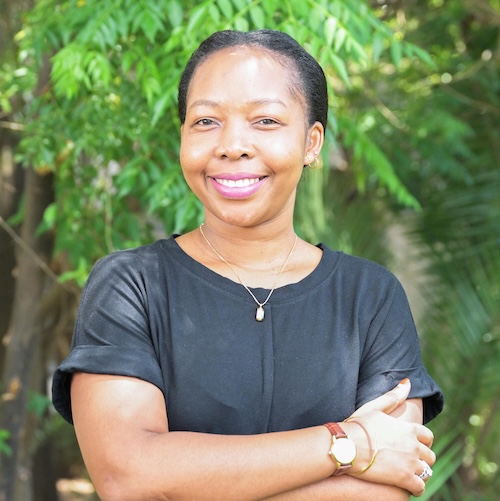

Cohort: 2024
Country: Tanzania
Focus Area: Climate change's Impact on Health and Gender
About the grantee
Vector-borne diseases (VBDs) like malaria and dengue pose significant public health challenges in Tanzania, exacerbated by climate change. Rising temperatures and unpredictable rainfall enable disease-carrying mosquitoes to thrive in new areas, putting vulnerable communities at greater risk. To tackle this growing threat, Dr. Devotha Nyambo of the Nelson Mandela African Institution of Science and Technology (NM-AIST) is leading a groundbreaking study that leverages artificial intelligence (AI) to enhance disease surveillance and prediction. However, for AI models to be truly effective, they must incorporate real-world data from the communities affected. Dr. Nyambo’s team will work with local populations in Morogoro, Manyara, and Dar es Salaam, engaging particularly with women, to gather on-the-ground data on mosquito breeding sites and disease cases. This community-driven approach will improve the accuracy of AI predictions and foster a robust early warning system for timely public health interventions.
Ultimately, this AI-powered initiative aims to enhance disease prediction, empower communities, and build resilience against climate-driven health threats. Dr Nyambo's vision of combining AI with community engagement could revolutionize the fight against VBDs in Tanzania and beyond.